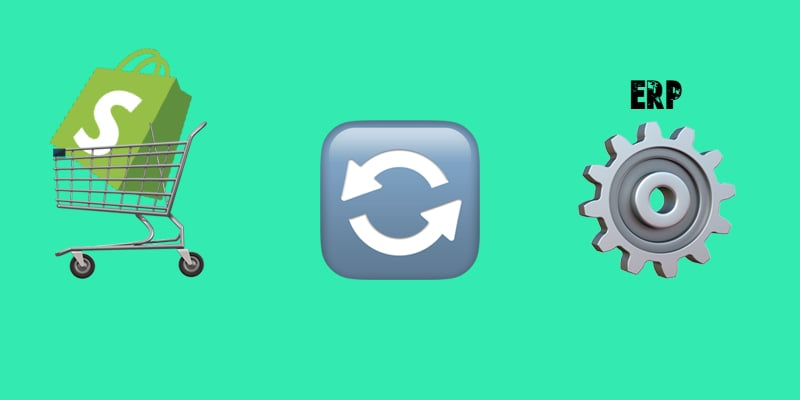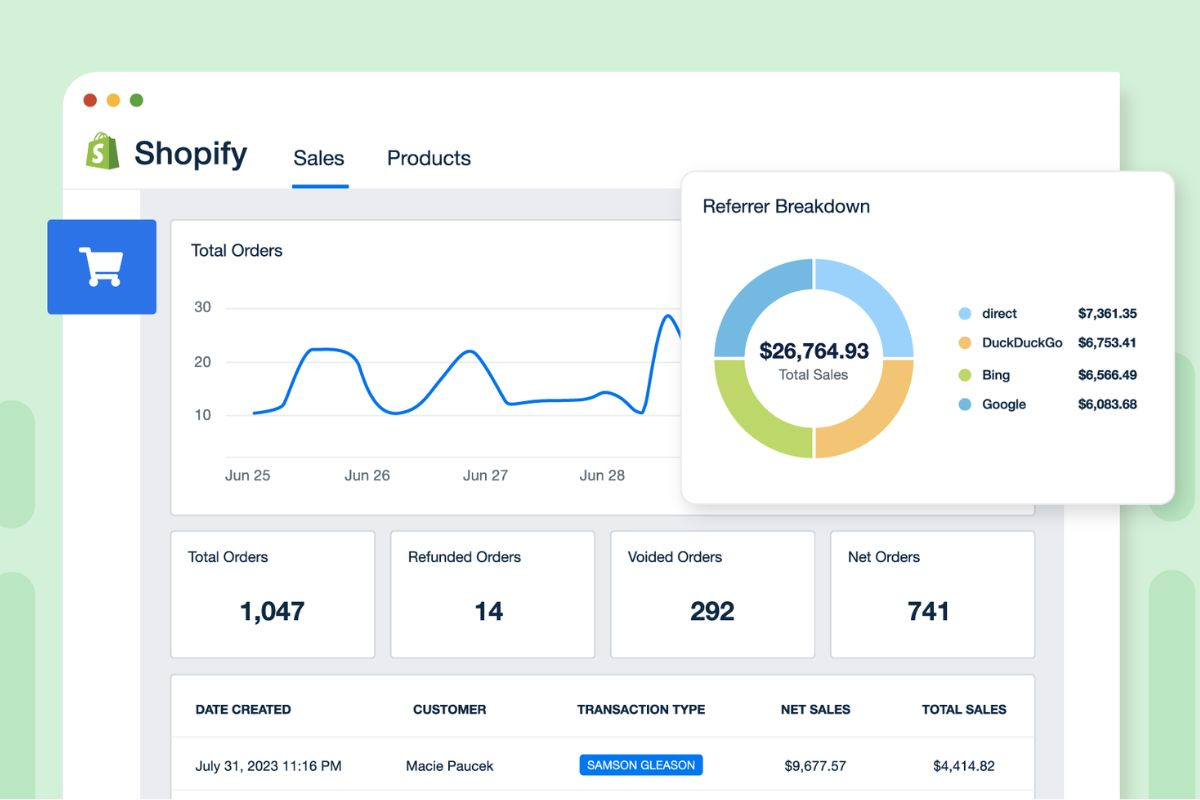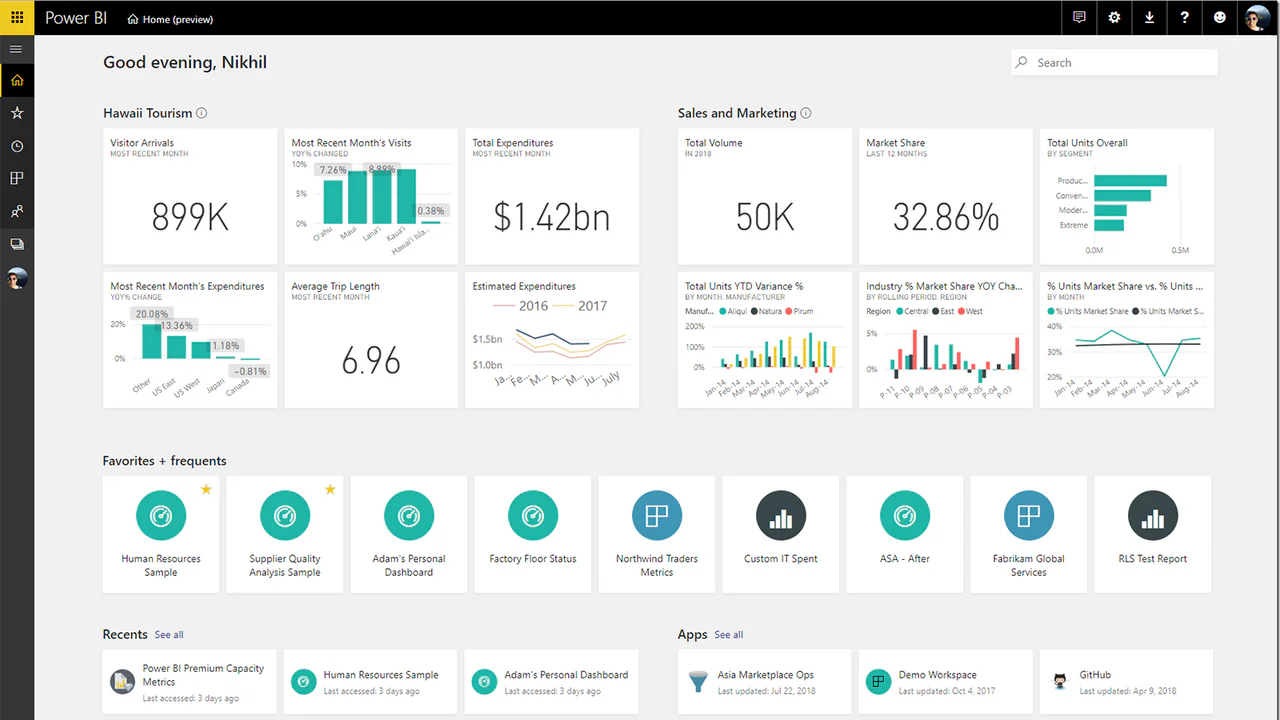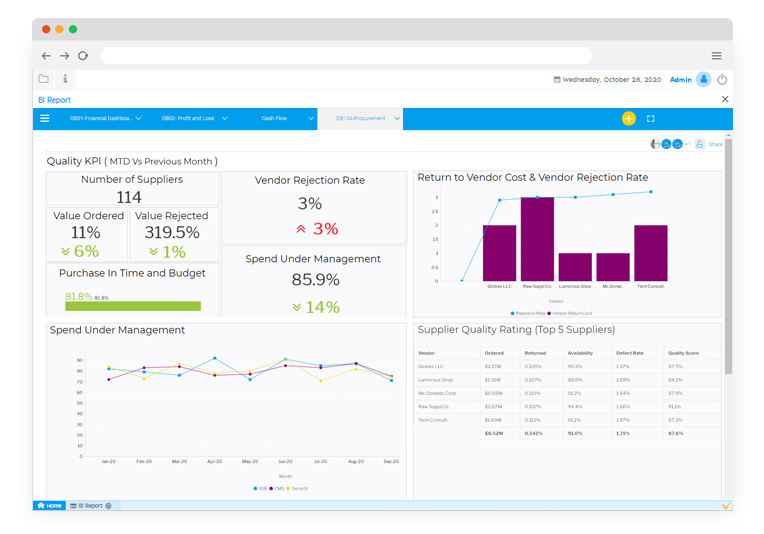
Front-end platforms tell only a part of the story if you look into e-commerce businesses. There are tons of things working behind every checkout. For instance, inventory, finance, reporting, customer data, and so on.
ERP systems can reduce operational costs by 23%. A ecommerce ERP integration is very critical. In fact, ERP integrations increase the decision-making speed of small businesses by 36%
It has become important to compare Shopify vs. Magento ERP integration because these two are the big players dominating the market. Almost every e-commerce business knows about these platforms.
Although they both provide top-notch services, there are certain differences that matter. To make the right decision, you need to know what to look for in an ecommerce ERP integration.
Why Does ERP Integration Matter?

For a global online business, disconnected systems quickly become bottlenecks. Orders come in, inventory updates lag, accounting is out of sync, and customers see errors.
Recent findings show that ERP systems and automation increase order fulfillment rate by 37%. So, aside from the stats, what do you get when you deploy an effective Shopify app integration or full-blown magento ERP solutions?
- Real-time order, inventory and customer data flowing between front- and back-end
- Fewer errors and manual reconciliations. Processing errors could decrease by 42%
- Faster decision-making thanks to unified dashboards
- More consistent customer experience across geographies
What Do You Get With Shopify ERP Integration?

Shopify has become synonymous with fast time to market for merchants globally. Shopify supports a wide range of connectors and apps, making ecommerce ERP integration more accessible.
Key Features
Some of its perks include -
- Shopify has a rich ecosystem of third-party apps that serve as bridges to popular ERP systems like NetSuite, Microsoft Dynamics 365 and QuickBooks.
- Setup is often plug & play. Just choose an app, map your data, and enable sync.
- For many small-to-mid sized global D2C businesses, this means faster deployment and less need for heavy IT overhead.
Trade-Offs
What you don’t get is -
- Because Shopify is less open than Magento, you may encounter limitations when you require highly customised data flows or complex multi-entity back-ends.
- While Shopify touts a 29% better total cost of ownership compared to Adobe Commerce (Magento) on average, this figure depends heavily on business size and complexity.
- For enterprise-grade operations needing deep custom ERP logic or multiple regional entities, the ease of Shopify may hit a ceiling.
What Do Magento ERP Solutions Provide?
Magento is built for customization, and for businesses that need full control over how data flows between front-end and back-end, its ERP integration capacity is substantial.
Key Features

Magento is being adopted by many businesses globally because of its features -
- You have the freedom to build or leverage APIs connecting directly to master ERP systems, managing multiple stores, currencies, warehouses and reporting layers.
- For Magento ERP solutions, you can integrate highly complex workflows, B2B sales, multi-market operations, and bespoke finance logic.
- For example, businesses using Magento can manage multi-entity operations where ERP logic is deeply embedded in the store’s processes.
Trade-Offs
Unfortunately, like everything else, Magento isn’t perfect -
- Custom ERP integration routes often require developers, ongoing maintenance and significant initial investment.
- It can take longer to implement and test compared to Shopify’s more turnkey options.
- The software might be free, Magento Open Source, but ERP integrations, hosting, support and licensing add up.
Shopify vs Magento ERP Integration: A Direct Comparison
Context matters a lot when making such choices. For instance, if you’re focusing on speed, fewer channels, and simpler operations, Shopify’s ERP integration options will likely serve you well.
But let’s say your business has multiple brands, territories, and complex fulfillment or finance logic. In that case, Magento’s deeper architecture is probably better suited.
The following breakdown will help you compare Shopify vs. Magento ERP integration -
What Are Some Best Practices To Follow?
Regardless of platform, you should take into account some factors while implementing ecommerce ERP integration -
- Use a certified connector or partner aligned with your ERP system.
- Define your business processes before integration - sales flows, returns logic, multi-entity visibility.
- Ensure you have real-time inventory, order and financial sync to avoid delays and errors.
- Maintain consistent data models across systems and avoid disparate customer records or order duplicates.
- Monitor KPIs post-launch: order-to-cash time, data errors, sync delay, cost of manual correction.
Aside from the whole Shopify vs. Magento ERP integration, you need these solutions for a robust online retail business.
They eliminate data silos, streamline workflows, and give decision-makers real-time visibility into everything from inventory to revenue. Whether you use Shopify or Magento, integrating your ERP ensures operational efficiency, accurate forecasting, and a seamless customer experience
FAQs
Q1. What is Shopify vs Magento ERP integration?
It refers to connecting your ecommerce platform Shopify or Magento with your enterprise resource-planning (ERP) system so that orders, inventory, customers and finances sync automatically.
Q2. What is ecommerce ERP integration?
It is the process of linking your online store with back-office systems like finance, inventory, fulfillment, to reduce manual work and create a unified ecosystem.
Q3. How does Shopify app integration support ERP workflows?
Shopify offers apps that serve as bridges between Shopify and ERP systems. These handle data mapping, sync rules and automation to support order, customer and inventory flows.
Q4. What are key Magento ERP solutions?
For Magento, ERP solutions are often built via custom modules or middleware connecting Magento’s API to a back-office system.
Q5. Which platform should I choose for ERP integration?
Choose Shopify if you want faster deployment, fewer technical resources, and simpler business operations. Choose Magento if you require complex workflows, multiple brands/regions, and deeper backend control.







.jpg)
.png)
.png)



